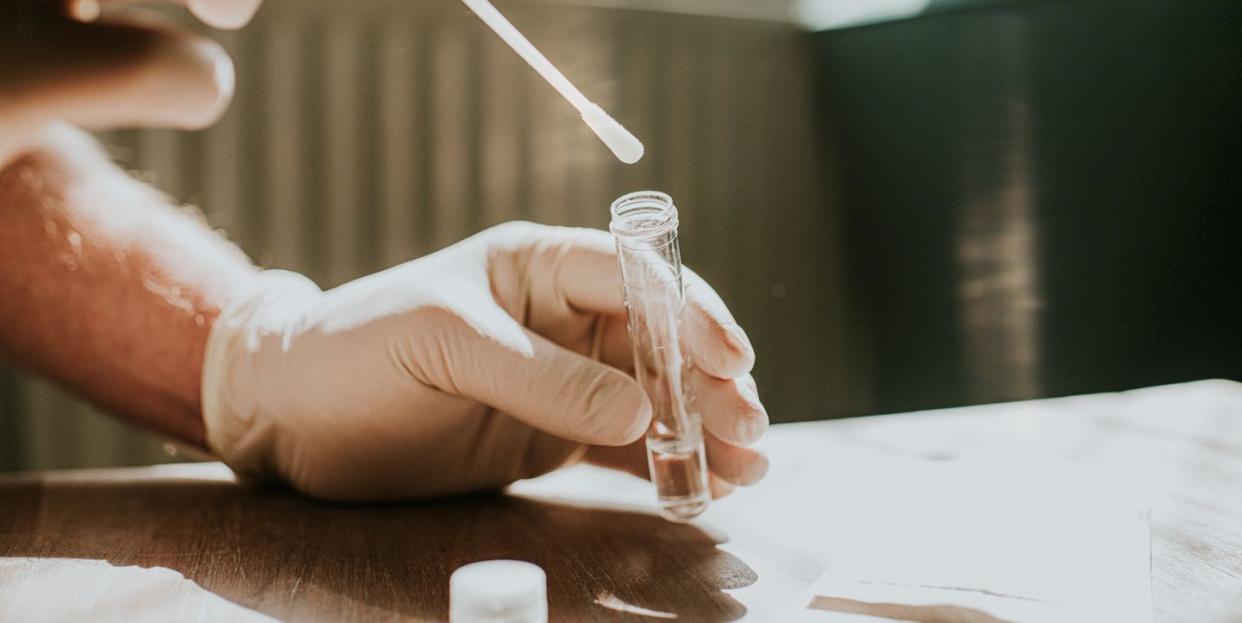At-Home Saliva Test Could Turn Tide on Prostate Cancer, Says Study

12,000. That’s how many men die each year from prostate cancer, according to Prostate Cancer UK.
Despite this alarming figure and the fact that prostate cancer is the most common cancer in men, with over 52,000 diagnoses annually, the UK does not have a national screening program. This is because current blood tests are not considered accurate enough and can detect non-life-threatening forms of the disease rather than aggressive types.
However, researchers believe a new at-home test could identify genetic factors that may 'turn the tide on prostate cancer'.
The study, not yet published in a specialist journal, was conducted by the Institute of Cancer Research, London, and The Royal Marsden NHS Foundation Trust. It involved more than 6,000 European men aged 55-59, the age range where the risk of prostate cancer is most common.
Researchers then used blood and saliva tests on a smaller group of men found to have genetic variations in their DNA indicating a higher likelihood of developing the disease. Early results show that the saliva tests produced fewer false positives and detected a higher percentage of aggressive cancers.
Currently, if you wish to be tested for prostate cancer, you need to speak with your GP and request a blood test, which measures the level of prostate-specific antigen (PSA) in your blood. Unfortunately, PSA tests aren’t entirely accurate.
‘It is simple from the patient’s point of view… get sent a tube, put your saliva sample into it and post it off,' said Professor Caroline Moore, a consultant urologist. ‘DNA is then extracted from that and analysed to look for a combination of genetic variations that are linked to prostate cancer.’
According to the study, following an MRI scan and biopsy, 40% of men with high scores from the saliva test were diagnosed with prostate cancer. In contrast, standard blood tests show that only 25% of men with high PSA levels actually have prostate cancer.
Researchers hope this cost-effective and simple test will provide more accurate results, reducing unnecessary treatments and ensuring that men with cancer are accurately diagnosed.
Naser Turabi, director of evidence and implementation at Cancer Research UK, called the study ‘encouraging’ and that ‘more research is now needed to confirm the tool can save lives'.
You Might Also Like


